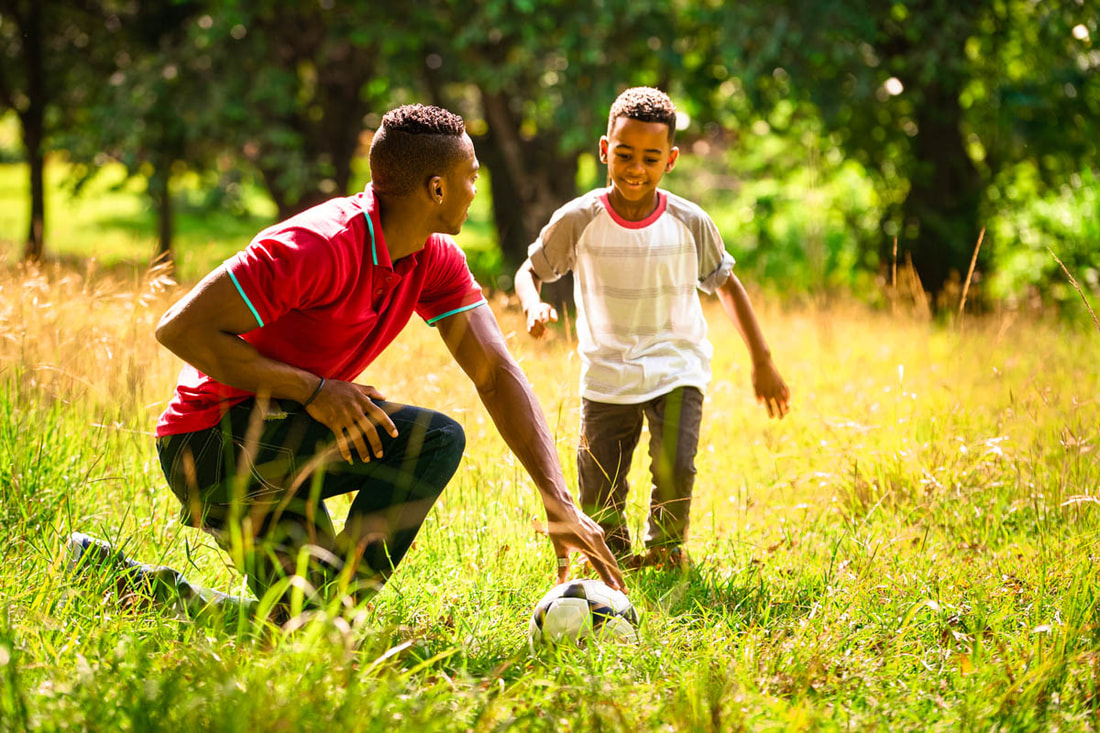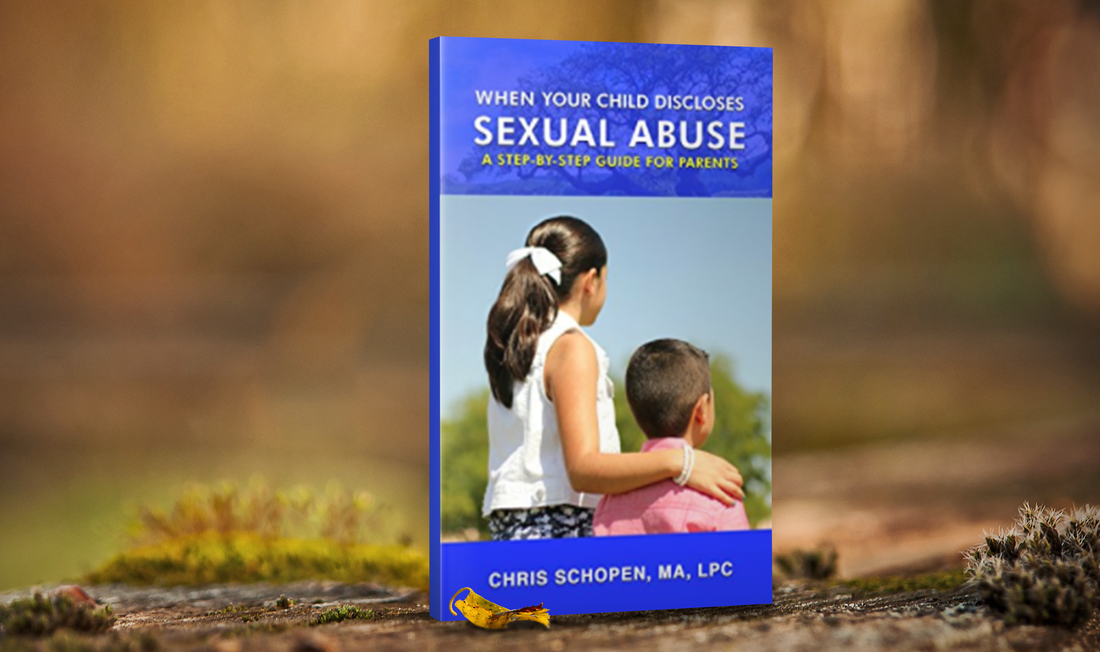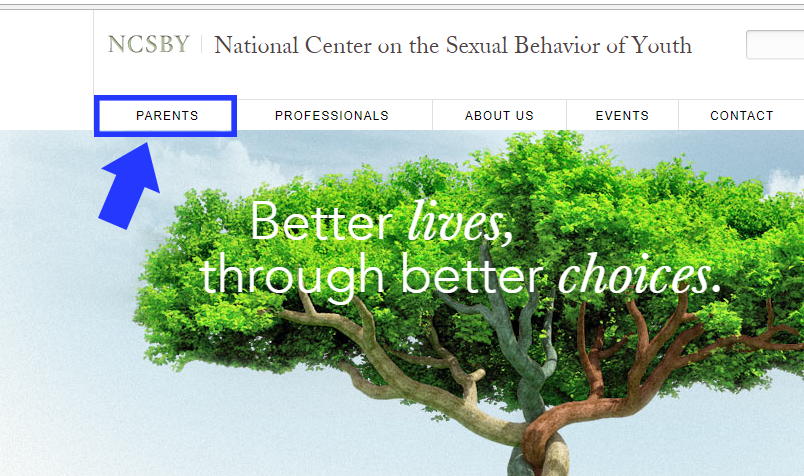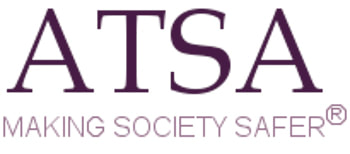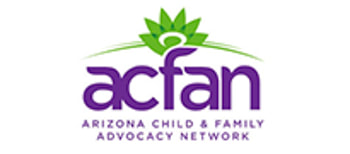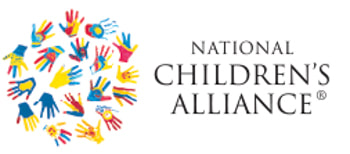Believe and support the child and STAY CALM.
Children may read your reaction to their statement of abuse as one of fear, disgust, anger, or concern and feel this is directed at them. Even though you may tell a child your feelings are not directed at her/him, emotionally this may not be felt by her/him.
It’s normal for you to feel like you need to ask more questions and get more information, but these 4 questions allow you to get the necessary information to begin the process of finding out what happened and getting the right help for you and your child. Even if you are concerned about the accuracy of the statement provided, please do not start asking more than the four questions above. Asking more than this can cause more confusion on your part as well as the child’s part.
Even if you are concerned about the accuracy of the statement provided, please do not start asking more than the four questions above.
Who do I call and what do I do?
Depending on your local laws, you may be required to call law enforcement and a child protection/social service agency. Or you may only be required to call one or the other. It’s usually advisable to call both and let the agencies determine if it is reportable to them.
If the person who has allegedly abused the child is responsible for the child’s care or is living in the child’s home, then you will certainly need to involve a child protection/social service agency. An easy, online way to find contact information for your local child protection/social service agency in the United States is www.childwelfare.gov or you can call the Childhelp USA hotline at 1-800-4-A-Child (18004224453).
Also, if the abuse involves allegations of sexual abuse or some other crime harming a child (visible physical abuse, neglect), you will need to call the law enforcement agency of where the crime occurred (which may not be where you live). An easy, online way to find contact information for any law enforcement agency in the United States is www.policeone.com
If the person who has allegedly abused the child is responsible for the child’s care or is living in the child’s home, then you will certainly need to involve a child protection/social service agency. An easy, online way to find contact information for your local child protection/social service agency in the United States is www.childwelfare.gov or you can call the Childhelp USA hotline at 1-800-4-A-Child (18004224453).
Also, if the abuse involves allegations of sexual abuse or some other crime harming a child (visible physical abuse, neglect), you will need to call the law enforcement agency of where the crime occurred (which may not be where you live). An easy, online way to find contact information for any law enforcement agency in the United States is www.policeone.com
Other helpful resources:
When Your Child Discloses Sexual Abuse: A Step-By-Step Guide for ParentsDedicated Forensic Interviewer Chris Schopen, brings her years of experience to this scary topic to make it easy for parents to understand what’s going on. This guide is your go-to resource that will walk you through what happens after your child discloses sexual abuse – so you can get your child the help he or she needs and you can start to heal – as a family. |
National Center on the Sexual Behavior of Youthwww.ncsby.org (Click on the tab labeled “parents” to learn more about children, their sexuality and how to talk about this topic.) |
Association for the Treatment of Sexual Abusers (Click on the tab labeled “What We Do” and look at the Prevention Publications and Handouts to get more information on prevention education and services.)
|
Arizona Child & Family Advocacy Network(Click on the “Advocacy Centers” tab to find a list of all the Advocacy Centers in Arizona. To find the Center nearest you, click on the link found on the left side “Map of Locations” to find your local Advocacy Center if you live in Arizona.)
|
NEARI PressAnother helpful website that provides prevention resources for families and professionals.
|
National Children’s Alliance(Enter your zip code to find an Advocacy Center [near you] to help you better navigate what happens next, after a child abuse disclosure.)
|

